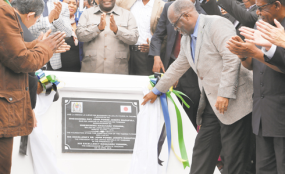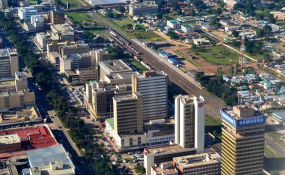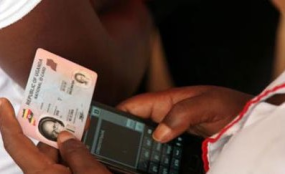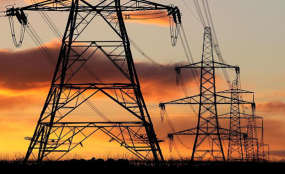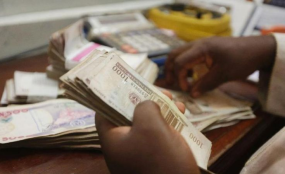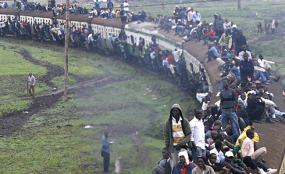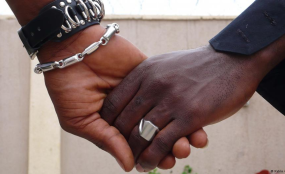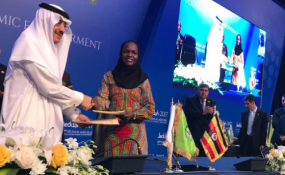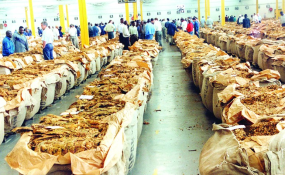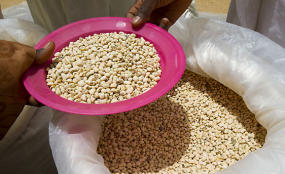By Apolinari Tairo
The European Union, through the Energy for Growth and Sustainable Development programme, has given Tanzania €180 million ($200 million) to develop its energy sector.
The bloc, working with the German Development Bank (KfW) and the French Agency for Development (AFD), is funding a €42 million ($47 million) electrification project in northwestern Tanzania, covering the Kagera, Geita and Kigoma Regions.
The head of the EU delegation in Tanzania, Roeland Van de Geer, said that reliable energy is key to poverty reduction and pledged more support to make energy available across Tanzania.
Energy is one of the three focal areas of the EU’s development co-operation with Tanzania. The other two are agriculture and governance.
The energy programme seeks to increase supply from minihydro projects in southern Tanzania, solar minigrids on some Lake Victoria islands, and develop transmission and distribution infrastructure.
Budget supportLast month, the EU delegation in Tanzania signed a financing agreement for a €205 million ($228 million) advance as part of a €626 million ($696 million) grant the bloc offered Tanzania for the period between 2014 and 2020 in budget support and for energy and agriculture projects.
Tanzania has low electricity access rates, with fuel wood and charcoal accounting for 90 per cent of its total energy use. Despite a significant increase in the number of household connections, the number of customers served by the Tanzania Electricity Supply Company remains under 1.5 million out of a 45 million population.
The annual per capita electricity consumption in Tanzania is 100kWh. The available power generation capacity currently stands at about 1,500 MW a year, with renewable resources — solar, wind, geothermal, co-generation from biomass and small hydropower — contributing little to the national grid.

